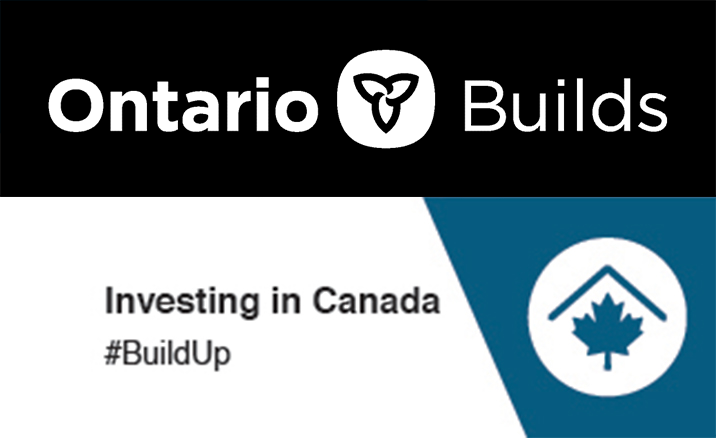What is the purpose of the Grade 9 Math Assessment?
Its purpose is to determine whether students have met the mathematics expectations in the Ontario curriculum. The feedback from the assessment is for use by educators and parents to plan for improvement in student achievement.
What is the Grade 9 Math Assessment based on?
It is based directly on the Grade 9 expectations in The Ontario Curriculum, Grades 9 and 10: Mathematics (revised 2005).
What is on the assessment?
All questions are based on the expectations in The Ontario Curriculum, Grades 9 and 10: Mathematics (revised 2005) for students in grade 9 applied and academic programs. The assessment provides multiple opportunities for students to show what they know and what they can do in relation to the strands: Number Sense and Algebra; Linear Relations; Measurement and Geometry; and Analytic Geometry (academic program only) and the categories: Knowledge and Understanding; Thinking; Communication; and Application. The assessment has two components: multiple-choice and open-response.
How does EQAO know if the assessment is too easy or too difficult?
The assessment is designed to be challenging and engaging for all students. It is developed by classroom teachers and the items are reviewed by committees of educators to make sure that they are grade and age appropriate. They are also tested extensively with students.
How stressful is the Grade 9 Math Assessment?
The assessment is meant to be challenging and engaging, but not stressful. It was developed by classroom teachers to resemble the work that students do in class every day. The questions are reviewed by committees of educators to make sure that they are grade and age appropriate. They are also tested extensively with students across the province.
Are all students expected to participate in the Grade 9 Math Assessment?
The Education Quality and Accountability Office Act states that all students in publicly funded schools in the tested grades are required to participate. The principal can recommend that a student be exempted from the assessment only if, even with all possible accommodations, the student would be unable to participate productively. Before exempting any students, the principal must have the parents’ written consent. Students enrolled in locally developed grade 9 programs are not required to participate.
If a student is absent for part of the assessment, can they still write the missed booklet?
Yes, provided there is time to do so.
How does EQAO ensure that its assessments do not discriminate against certain groups?
All EQAO assessment materials are tested with students. All items are reviewed by educators and experts to ensure that they are fair, appropriate and free of bias.
What role does the Grade 9 Math Assessment play in ongoing classroom assessment?
The results provide a snapshot of student achievement that adds to the more comprehensive information teachers collect throughout the year from classroom assessments. Teachers have the option of marking all or part of the assessment and including the mark in the student’s grade for the course.
Do the Grade 9 Math Assessment results count toward students’ regular grades?
Teachers have the option of marking all or part of the assessment and including the mark in the students’ grade for the course.
Can parents see a student’s work?
In order to maintain the security of the assessment, EQAO does not return students’ work on the Grade 9 Math Assessment to schools. Sample assessment items are available on EQAO’s web site.
Do Universities and Colleges have access to my results?
No. Post-secondary institutions will not have access to an Individual Student Report.
How does EQAO report the results of the Grade 9 Math Assessment?
EQAO reports on student achievement at the individual, school, board and provincial levels.
How do boards and schools use the results?
The reports provide detailed information about the results of the assessments. Students, parents and teachers can use the information to improve student learning.The reports provide information that educators can use to ensure that classroom programs and instructional strategies are designed effectively. They can also be used in researching student achievement.
What is EQAO’s policy on ranking schools?
EQAO is opposed to the ranking of schools or school boards. Rankings tell us nothing about why scores are high or low. They invite simplistic and misleading comparisons that ignore the particular circumstances affecting achievement in each school. Ranking tends to distract people from addressing the critical issue of how to improve learning for all students.
Categories: Learning

